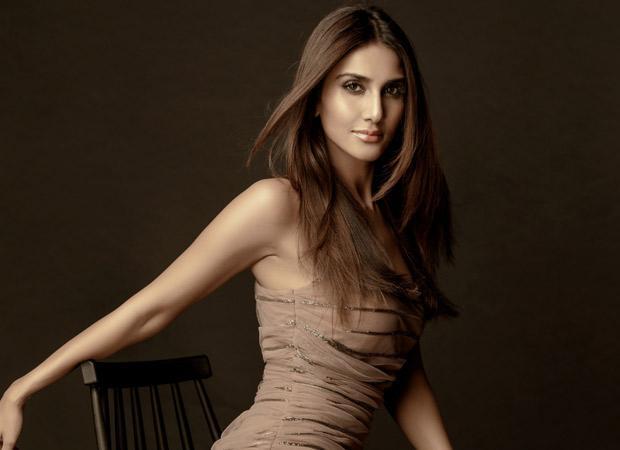
Don’t get volatile behavior: Vaani on censorship & cancel culture
The recent ban on the release of the film ‘Abir Gulaal’ in India has sparked a heated debate about censorship and cancel culture in the entertainment industry. Actress Vaani Kapoor, who has been vocal about her views on these issues, recently spoke out about the restrictions they impose on artists’ creative freedom. In an interview, she expressed her concern about the volatile behavior that often accompanies cancel culture, saying, “I don’t get this volatile behavior.”
Vaani’s comments come at a time when the entertainment industry is grappling with the consequences of censorship and cancel culture. The rise of social media has given a platform to audiences to express their opinions and demand accountability from artists. While this can be a positive force for change, it can also be misused, leading to mob mentality and censorship.
Vaani believes that censorship is not the solution to the problem. She argues that it sets boundaries for artists, restricting their ability to explore new ideas and create content that challenges societal norms. “I’m not into censorship,” she said. “I think it’s important to give artists the freedom to create and express themselves without fear of judgment or reprisal.”
The actress also spoke about the impact of cancel culture on artists. She believes that it can be damaging, as it can lead to artists being ostracized and shunned by their fans and colleagues. “It’s not healthy to have people calling for your boycott and cancellation because they disagree with your views or actions,” she said. “It’s important to remember that we are all human beings and we all make mistakes. We should be allowed to learn from those mistakes and move forward.”
Vaani’s comments are not isolated. Many artists and industry professionals have spoken out about the negative impact of cancel culture on their work and well-being. Some have even reported feeling pressured to conform to societal norms and avoid taking risks in their creative work.
So, what can be done to address these issues? One solution could be to promote greater understanding and empathy between artists and audiences. By engaging in respectful dialogue and listening to each other’s perspectives, we can create a more inclusive and supportive environment that encourages creativity and self-expression.
Another solution could be to promote media literacy and critical thinking. By teaching people how to critically evaluate information and recognize the importance of nuance and context, we can reduce the spread of misinformation and promote a more balanced and informed discussion.
Finally, it’s important for audiences to recognize that artists are human beings, not objects for criticism or punishment. We should strive to create a culture that encourages constructive feedback and respectful dialogue, rather than cancel culture and censorship.
In conclusion, Vaani’s comments serve as a timely reminder of the importance of promoting artistic freedom and creativity. By embracing a culture of understanding, empathy, and critical thinking, we can create a more inclusive and supportive environment that allows artists to thrive and audiences to engage with their work in a meaningful way.






